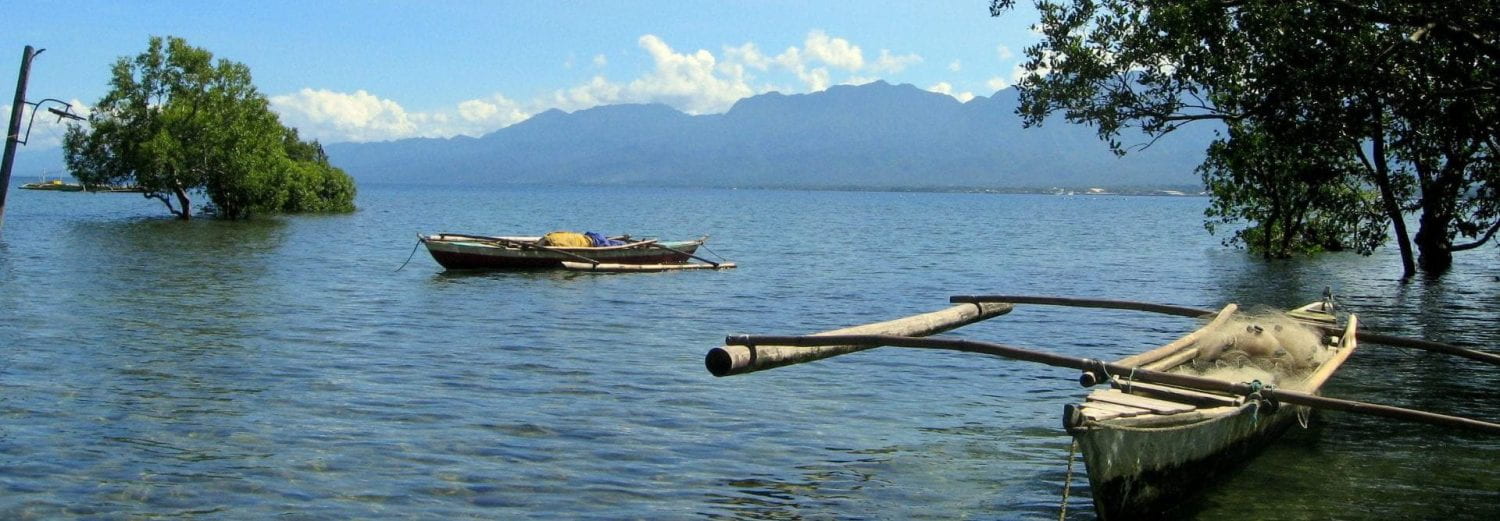Ed Tekwa (postdoc in the lab) led a study just out in PNAS, “Path-dependent institutions drive alternative stable states in conservation.”

We hear almost every day in the news about environmental disasters, but the world is also full of many environmental success stories. Why do we succeed at conservation some of the time, but fail other times? In our paper, we studied people’s decisions about whether to conserve or to over-harvest a renewable resource like fish or timber. Surprisingly, we found that people often get trapped by their past decisions. If they start out over-harvesting, they tend to continue over-harvesting. But the opposite is also true: once people start conserving, this behavior is also self-perpetuating. We built a mathematical model for this behavior, and showed that it explains global patterns in fisheries decisions better than any previous theory. Our results challenge the conventional expectation that collapse of fast-growing resources is unlikely, but also offer hope that conservation is much easier to continue once we start.
- Rutgers press release
- Princeton press release
